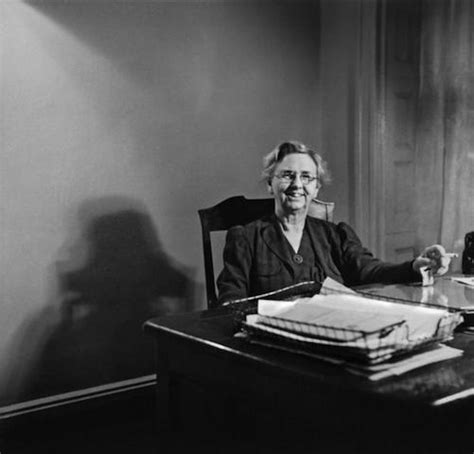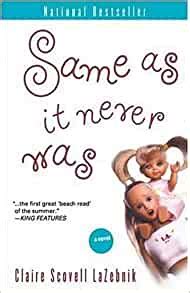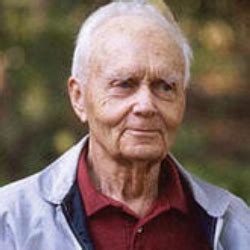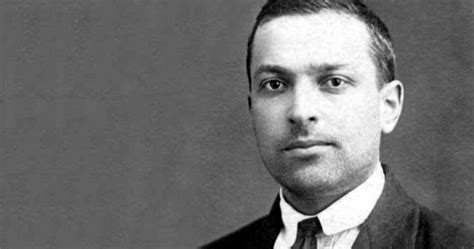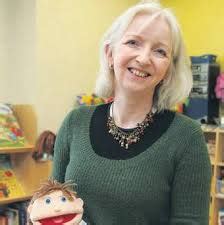A Quote by Caroline Pratt
The freest child is the child who is most interested in what he is doing, and at whose hand are the materials for his work or play.
Related Quotes
Don't think that there's a different, better child 'hiding' behind the autism. This is your child. Love the child in front of you. Encourage his strengths, celebrate his quirks, and improve his weaknesses, the way you would with any child. You may have to work harder on some of this, but that's the goal.
For the child whose impulsiveness is indulged, who retains his primitive-discharge mechanisms, is not only an ill-behaved child but a child whose intellectual development is slowed down. No matter how well he is endowed intellectually, if direct action and immediate gratification are the guiding principles of his behavior, there will be less incentive to develop the higher mental processes, to reason, to employ the imagination creatively. . . .
An educator's most important task, one might say his holy duty, is to see to it that no child is discouraged at school, and that a child who enters school already discouraged regains his self-confidence through his school and his teacher. This goes hand in hand with the vocation of the educator, for education is possible only with children who look hopefully and joyfully upon the future.
But somewhere, a child surprises himself with his endurance, his quick mind, his dexterous hands. Somewhere a child accomplishes with ease that which usually takes great effort. And this child, who has been blind to his past, but his heart still beats for the thrill of the race, this child's soul awakens. And a new champion walks among us.
In play, the child is always behaving beyond his age, above his usual everyday behaviour; in play he is, as it were, a head above himself. Play contains in a concentrated form, as in the focus of a magnifying glass, all developmental tendencies; it is as if the child tries to jump above his usual level.
The smaller and younger kids are, the more patient you have to be. But if they're gifted, then it's a wonderful present that you're given by having a child like that in your film... more so than in the case of actors because, for example, if you ask them to play a lion, they don't then play a lion, they actually are a lion. So, a gifted child is something very special. On the other hand, if a child has no gifts in that way it's absolutely hopeless and there's nothing you can do!
Making a film is like raising a child. You cannot raise a child to be liked by everyone. You raise a child to excel, and you teach the child to be true to his own nature. There will be people who'll dislike your child because he or she is who they are, and there will be people who'll love your child immensely for the very same reason.
When you raise a child, you don't sit down and take all the rules of life, write them into a big catalog, and start reading the child all these individual rules from A to Z. When we raise a child, a lot of what we do is let the child experiment and guide the experimentation. The child basically has to process his own data and learn from experience.
